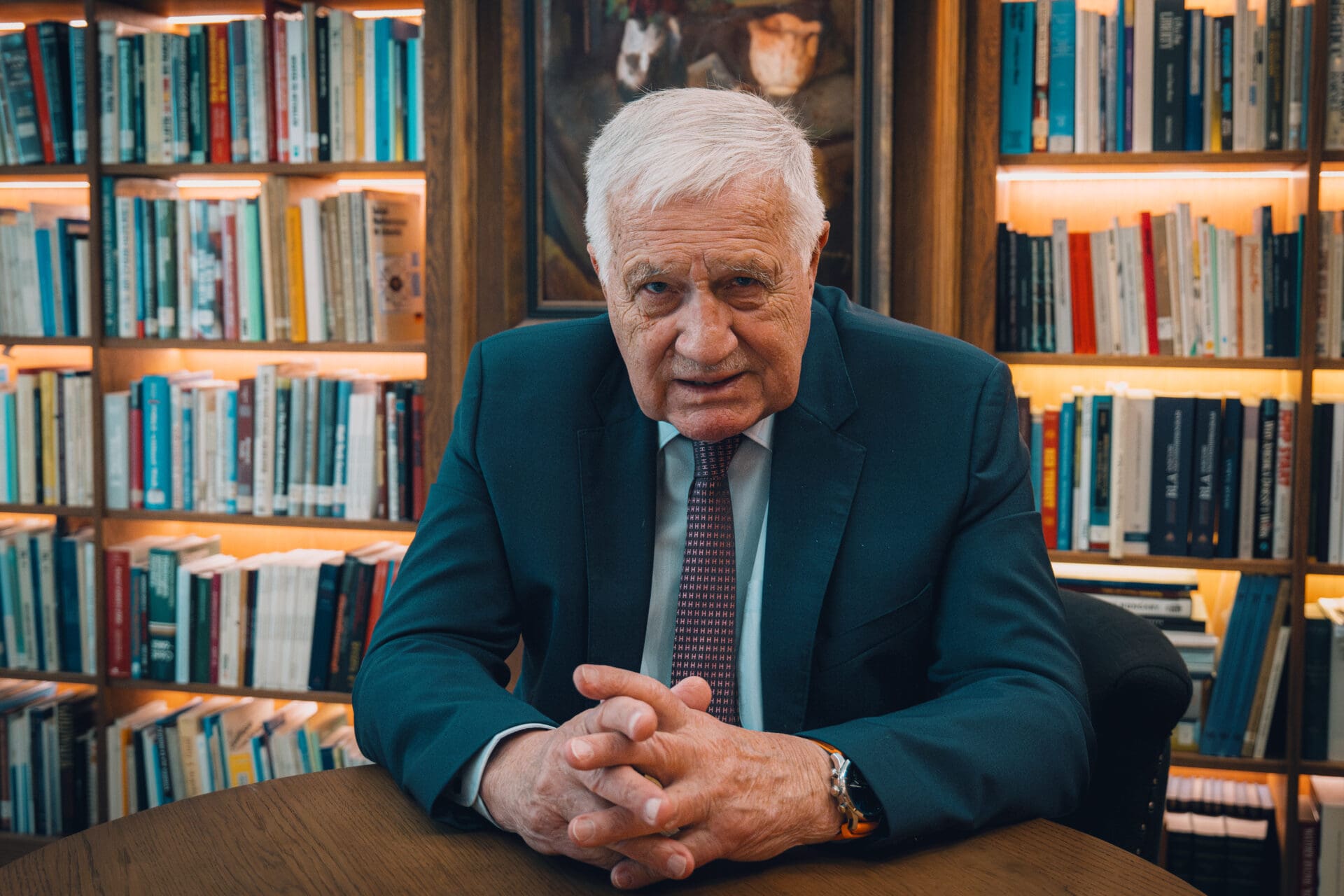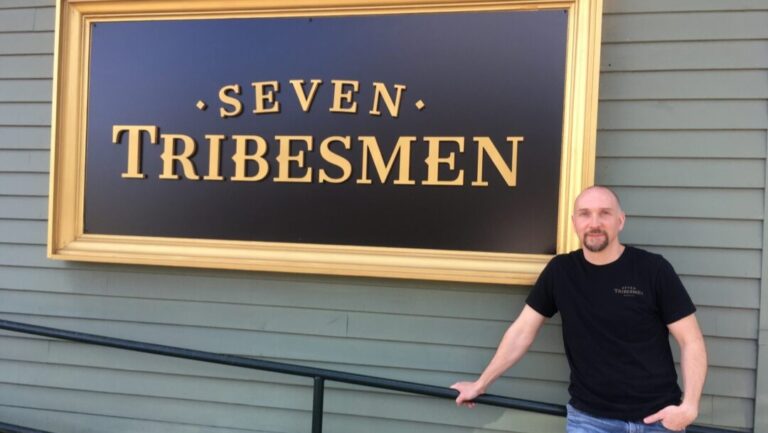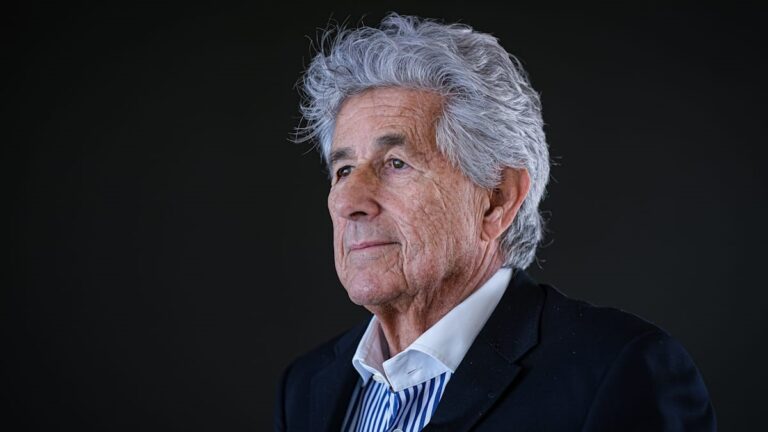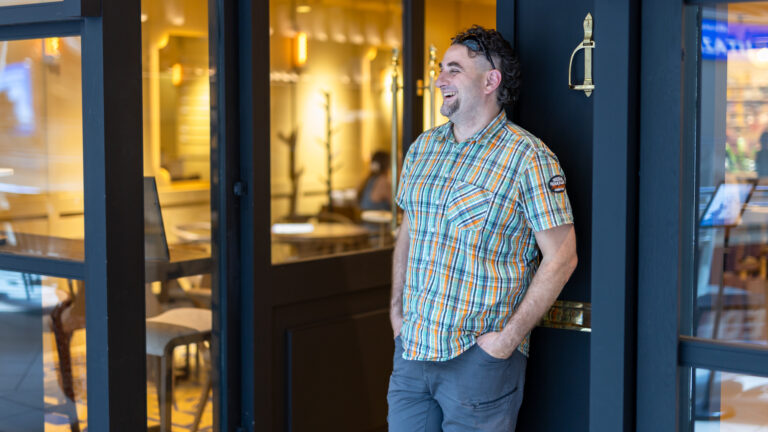‘We must stop allowing illegal migrants into Europe. We have to stop the processes leading to centralization in Brussels and the unification of nation-states; we have to return to a normal policy of intergovernmental relations in Europe’—says Václav Klaus, former president and prime minister of the Czech Republic in an interview with Hungarian Conservative.
***
Although Europe has been in crisis for at least ten years, this time we can confidently say that this current crisis is different from the others. A war is raging next door, and everyone, not just the direct fighters, is paying the price in one way or another. How long do you think this can go on, and which of the possible consequences are you most concerned about?
The war in Ukraine is only a product of today’s challenging times. This is a fundamental difference of perspective, but we must keep in mind that the war in Ukraine is the result of the tragic development of the current Western world. The United States is currently losing the game, while the European Union is confused and therefore unable to function properly, and I could list more since there is the crazy economic policy behind the Green Deal, which is destroying the economy of most EU member states. The war in Ukraine is the result of all these chain events—this kind of perspective change is inevitably necessary. The main question, however, is how to stop the war. Are we waiting for one country to win and destroy the other? This should not be the case; it would be a crazy solution. A ceasefire is needed so that negotiations can begin. And the negotiations should be the beginning of the story.
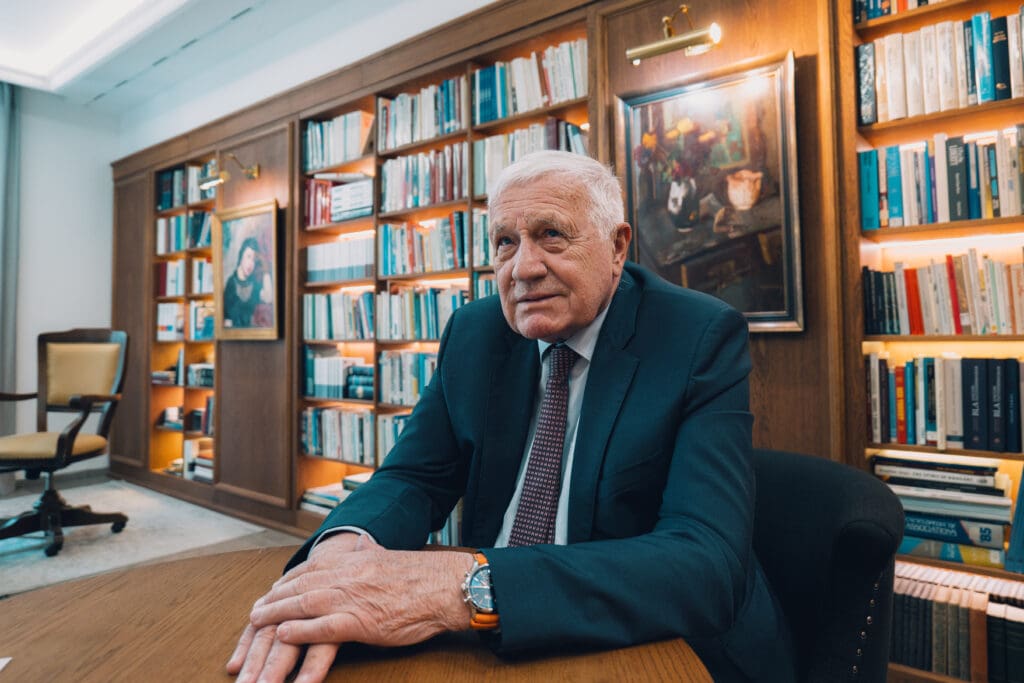
It seems that the policymakers in Brussels and Washington have different positions, since they are supporting Ukraine in the war with significant sums and weapons, and the initiation of negotiations is not even on the agenda.
I am absolutely certain that change must happen in Europe. This is the precondition for the starting point—I cannot speak on behalf of the United States; I cannot criticize their decisions. However, I am part of Europe. I am the one who sent the letter to ask for EU membership, and I am also the person who signed the EU membership [of the Czech Republic]. So I am responsible for that. Our Institute recently published a book under the title The Self-Destruction of the West. I think this title is fundamental. So it’s not that someone destroyed the West, but a perspective where, for example, I don’t blame China or Russia.
I blame ourselves; I would start the investigation with ourselves
and with the fact that we have to change everything in the European Union.
We need to stop this crazy policy and the Green Deal, too. We must stop allowing illegal migrants into Europe. We have to stop the processes leading to centralization in Brussels and the unification of nation-states; we have to return to a normal policy of intergovernmental relations in Europe.
According to polls, European Parliament elections will see a major shift to the right in many countries. What result do you expect?
I disagree that we can expect a shift to the right. On the one hand, Brussels is unchangeable. If centre-right and conservative parties win elections all over Europe and come into government, then there will be a chance to change something in Europe. You can’t change anything in Brussels. Brussels is unchangeable.
Central Europe, especially Hungary, has become the flagship of the struggle for national sovereignty in the European Union. What do you think about the role of Hungary, a country often labelled as a black sheep?
I introduced enforcement policies very similar to those implemented by Viktor Orbán in Hungary, so I can only say that Hungary is not a black sheep for me but rather a white sheep.
I wish there were more Hungary in the European Union.
Now, there are positive signs from Slovakia, but unfortunately, we can also see negative signs from Poland at the same time.
Do you think Hungary can achieve change in Brussels with its determined position?
Hungary alone cannot change Brussels. It must try to find other ally countries with similar policies. I know that this is extremely difficult, so I’m rather pessimistic in this respect. I only wish that Hungary stays on the same line in the future, that there is no upheaval in Hungary, and that the current government continues to operate and make policies as it does.
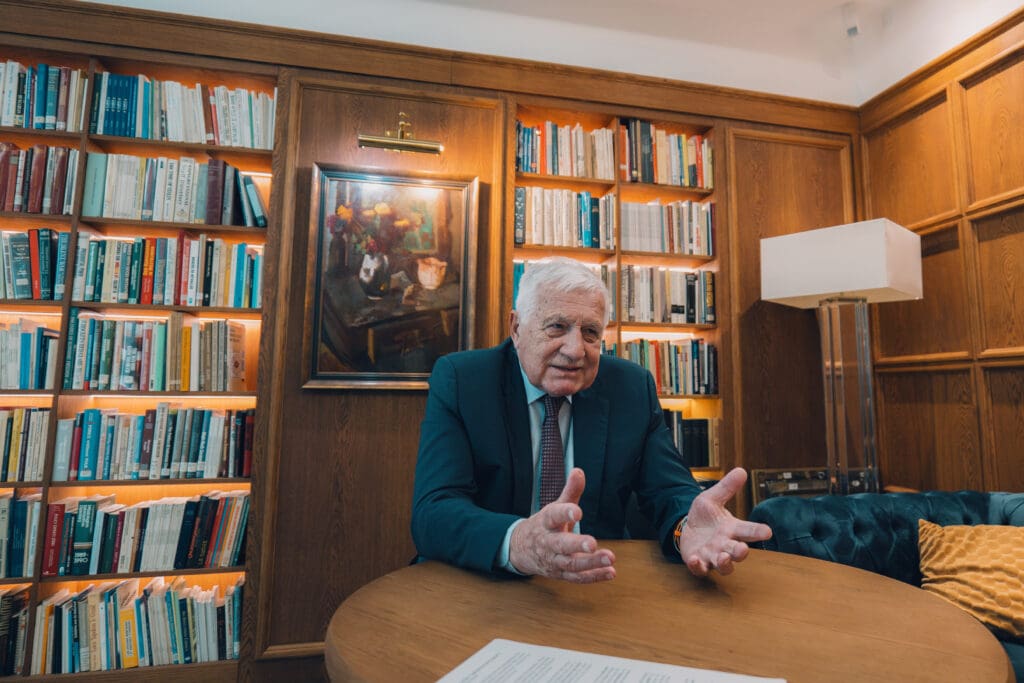
How do you see the future of the Central European region?
It depends very much on the development of individual countries. As someone who chaired the Visegrád Group as a President and Prime Minister, I know something about it. Among the four, Poland was a problematic country at one moment, Slovakia or Hungary at another, and at the very present moment, the Czech Republic is clearly the most problematic country in the Visegrád Group. The future of Central Europe also depends on these internal developments.
In the European Union, we have witnessed many wrong political steps, which also caused serious damage to the economy—this most recently culminated in the farmers’ protests across Europe. What do you think about the protesting farmers and their demands?
The agricultural policy of the European Union is the closest to the communist economic system. Everyone knows that. There is no free agriculture. Tragic agricultural policy, tragic price manipulation, and huge amounts of money spent on subsidies. The market is completely distorted in the European Union. I don’t want to fully support the farmers’ arguments because I think the system is wrong. And they are not asking for changing the system. They are asking for more subsidies, and I disagree with this. On the other hand, the changes in the European Union must start somewhere. And I’m glad that the farmers went to the streets and asked such important and difficult questions from the European leadership and the leadership of many member states, such as the Czech government.

